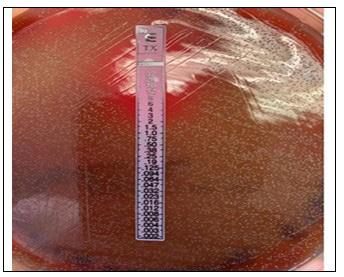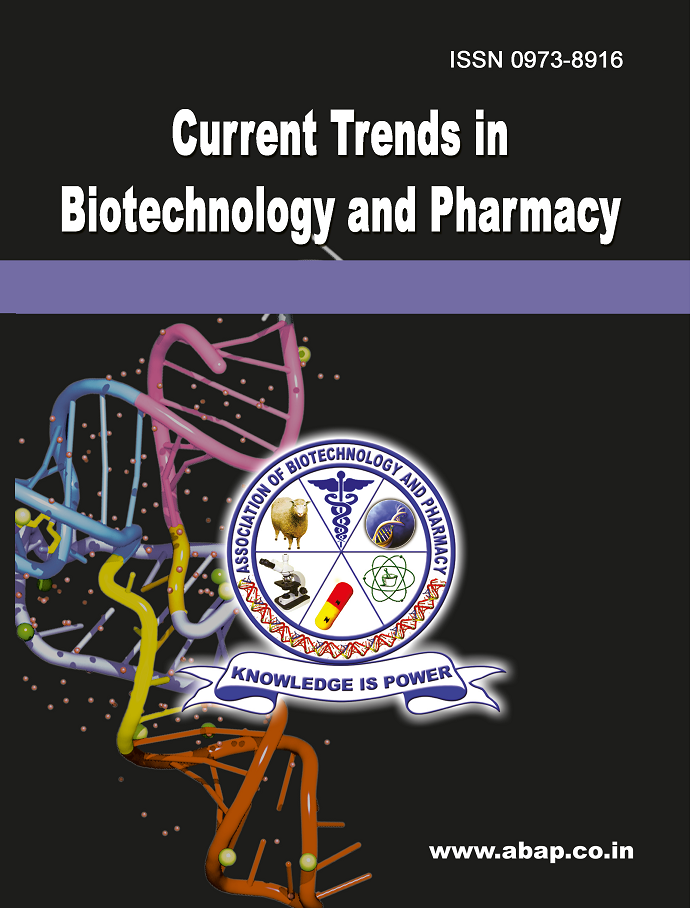In Vitro Effects of Homoeopathic Streptococcus pneumoniae Nosode on a Streptococcus pneumoniae Culture
DOI:
https://doi.org/10.5530/ctbp.2025.2.22Keywords:
Antimicrobial resistance, Streptococcus pneumoniae, Homoeopathic nosodes, in vitro Microbiology testAbstract
Globally, antimicrobial resistance is a huge healthcare concern and is projected to cause 10 million deaths worldwide by 2050 if the current trend of irrational utilization of antibiotics continues. The search for new antimicrobials continues to be a pressing need in humanity’s battle against bacterial infections. Several in vitro studies have yielded positive results on homoeopathic nosodes and other homoeopathic remedies. However, none of the in vitro or in vivo studies has been conducted on S. pneumoniae nosode. To test this paradigm, we assessed the in vitro effects of homoeopathic S. pneumoniae nosode on an S. pneumoniae culture. S. pneumoniae ATCC49619 was obtained from the National Health Laboratory Service, University of KwaZulu-Natal. The homeopathic remedies tested were S. pneumoniae nosode 6CH, 9CH, 30CH, and 200CH. Antimicrobial susceptibility testing was performed using disc diffusion and minimum inhibitory concentration (MIC). The positive control used was ceftriaxone, and the negative control was 20%ethanol. No significant inhibitory effect of any of the tested homoeopathic remedies, S. pneumoniae nosode 6CH, 9CH, 30CH, and 200CH including 20%ethanol on S. pneumoniae could be found. S. pneumoniae demonstrated susceptibility to ceftriaxone. The MIC of ceftriaxone was 2μg/ ml. In conclusion, the study revealed that the tested nosode, S. pneumoniae nosode 6CH, 9CH, 30CH, and 200CH exhibited no antibacterial potential against S. pneumoniae. These findings are in concordance with the hypothesis that homoeopathic remedies are based on host effects: such as activation of the immune system, rather than direct impact on pathogens.



